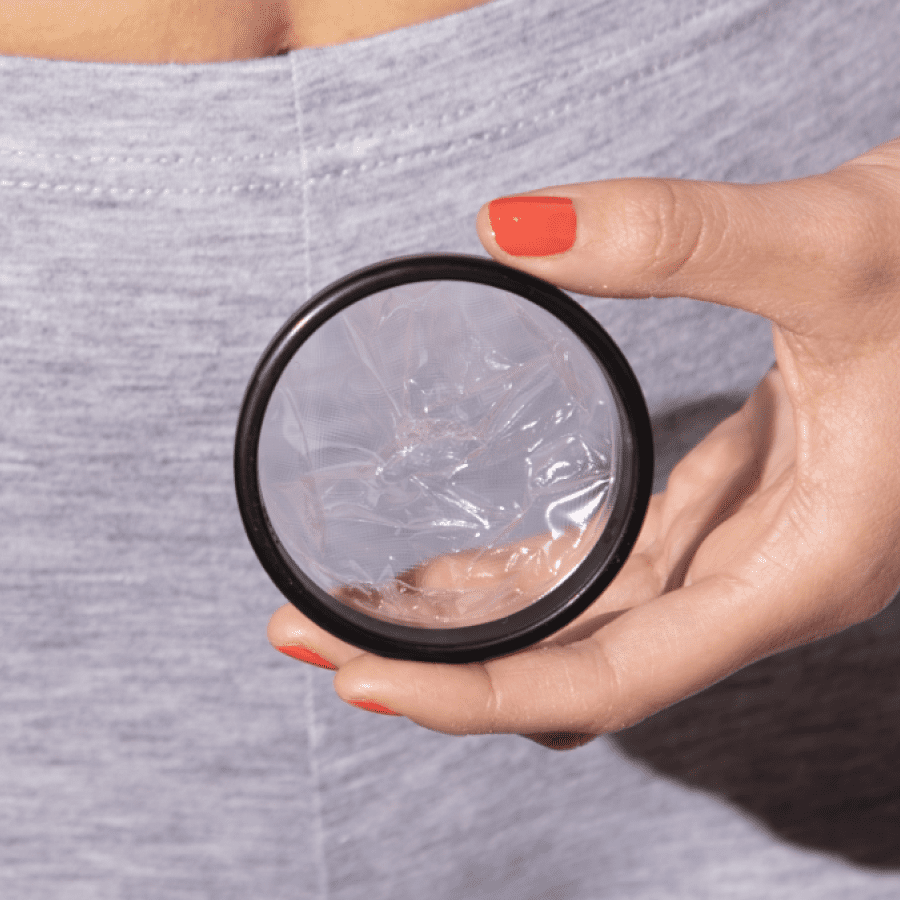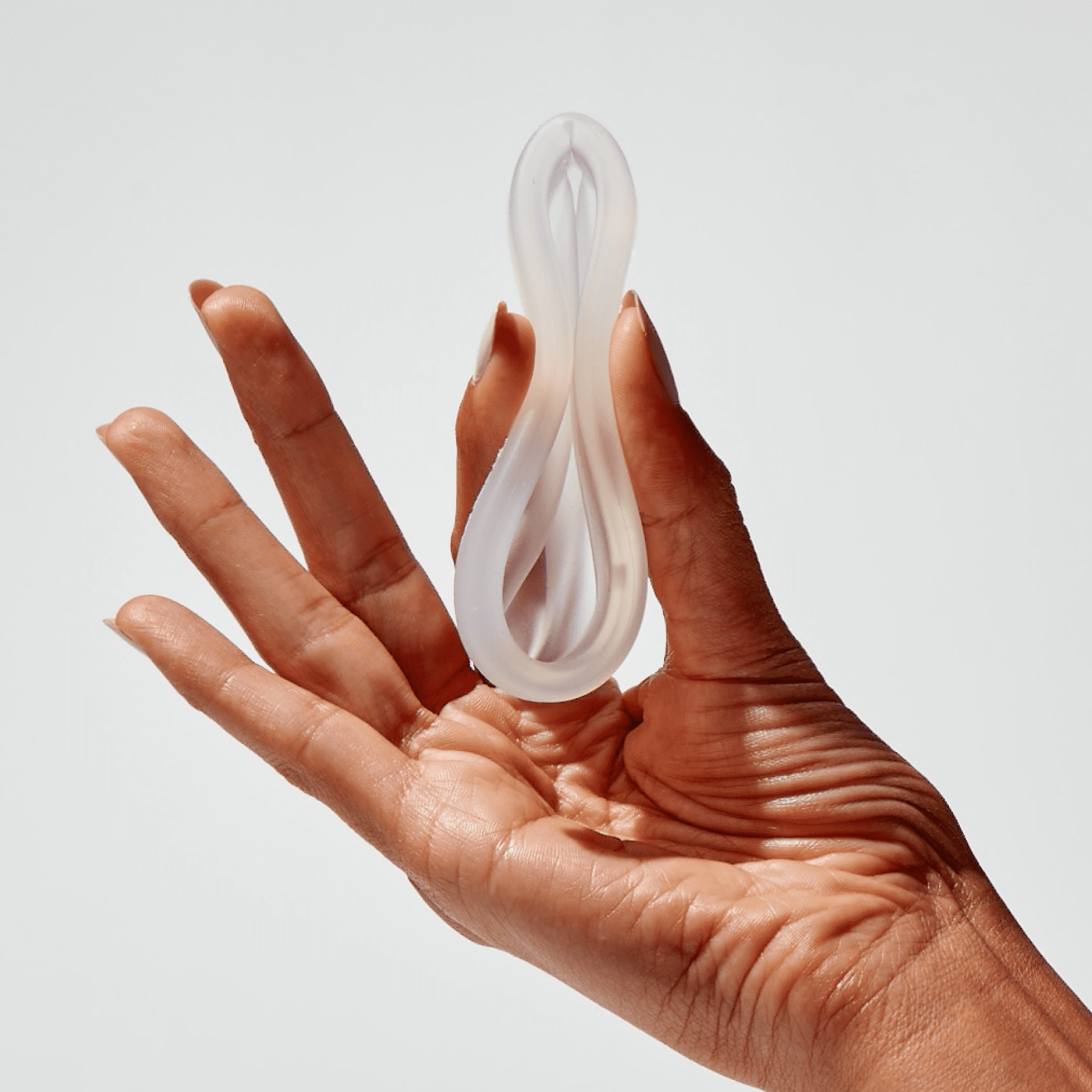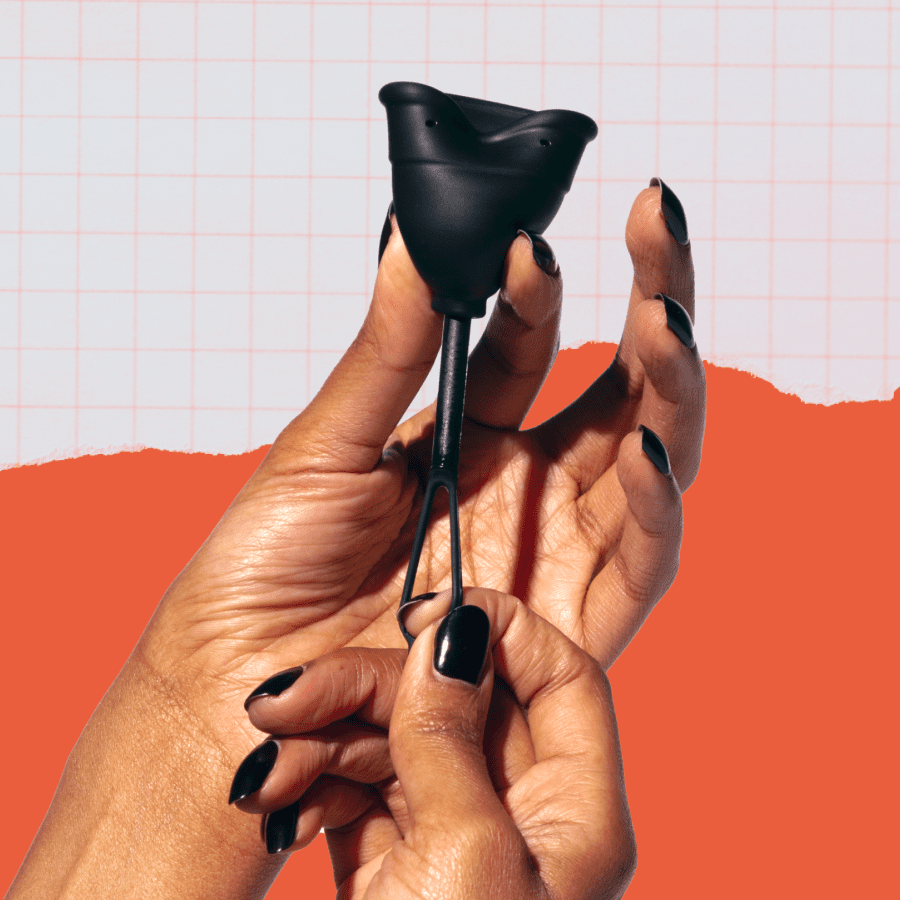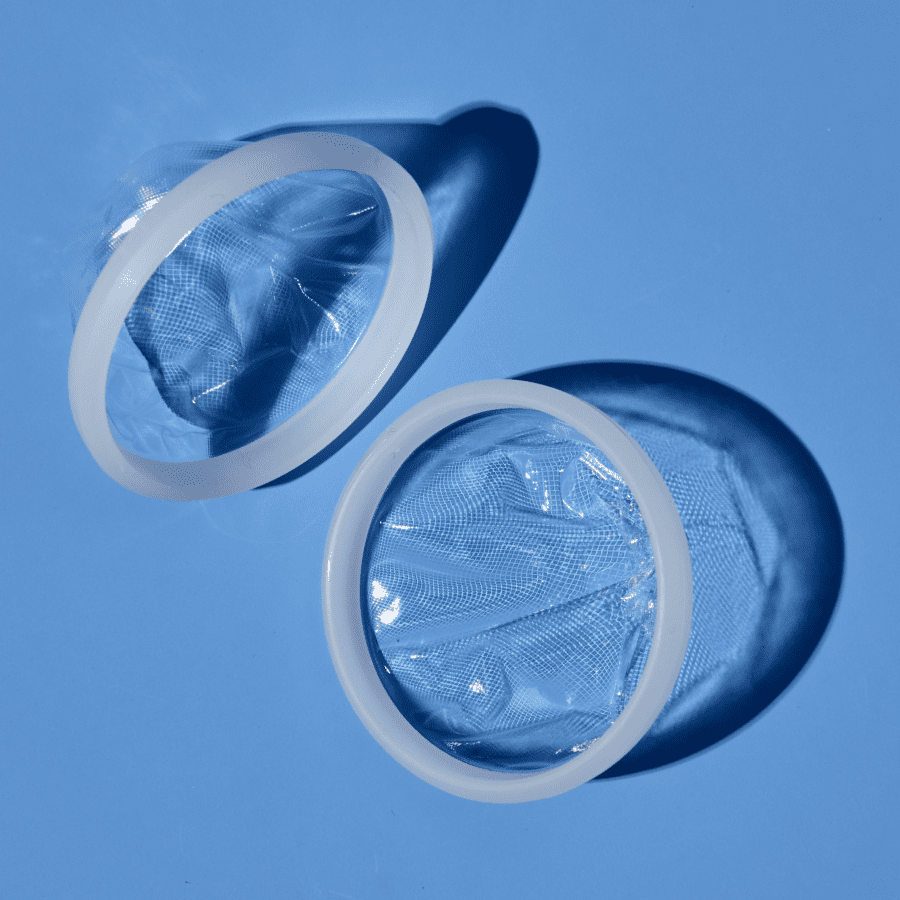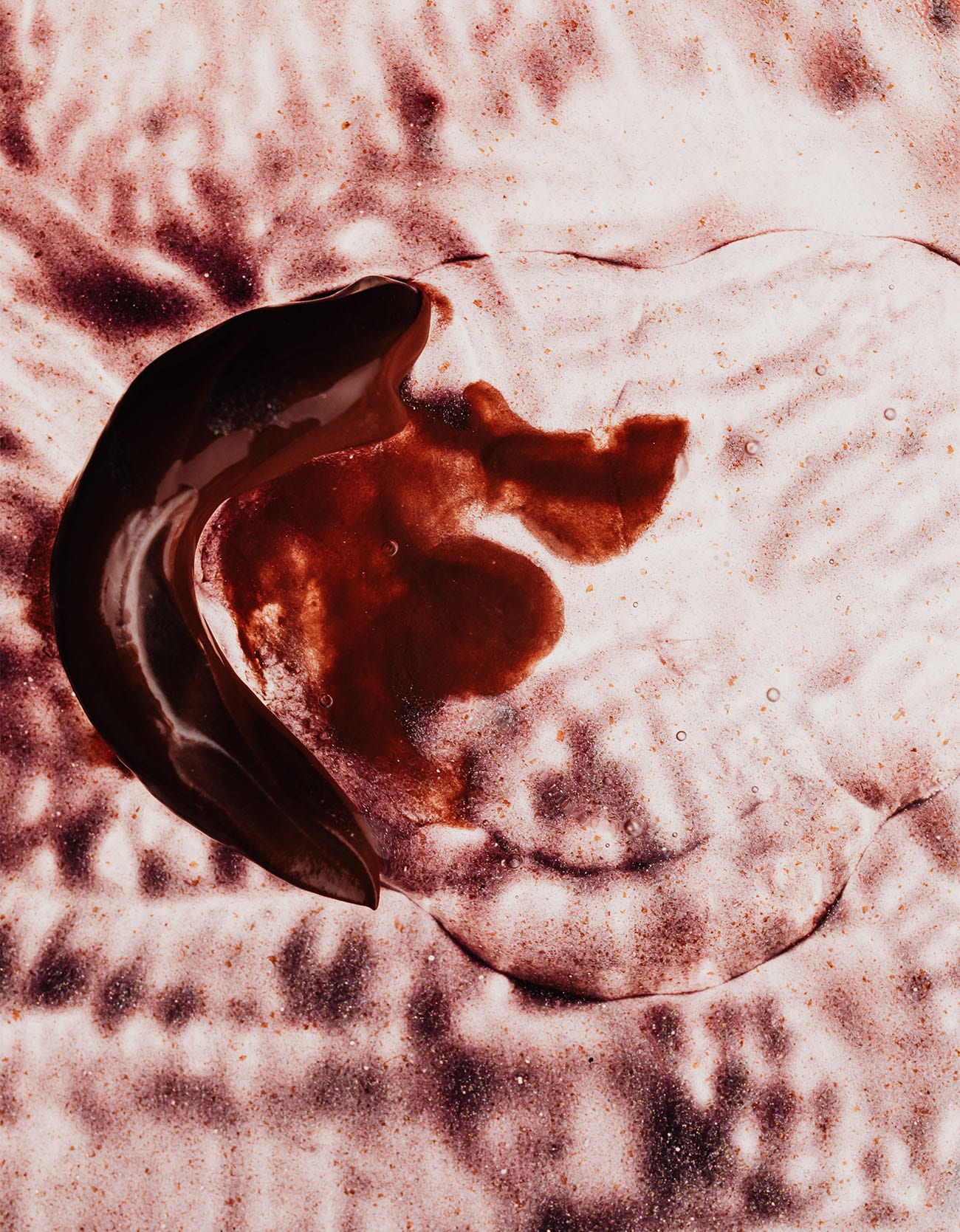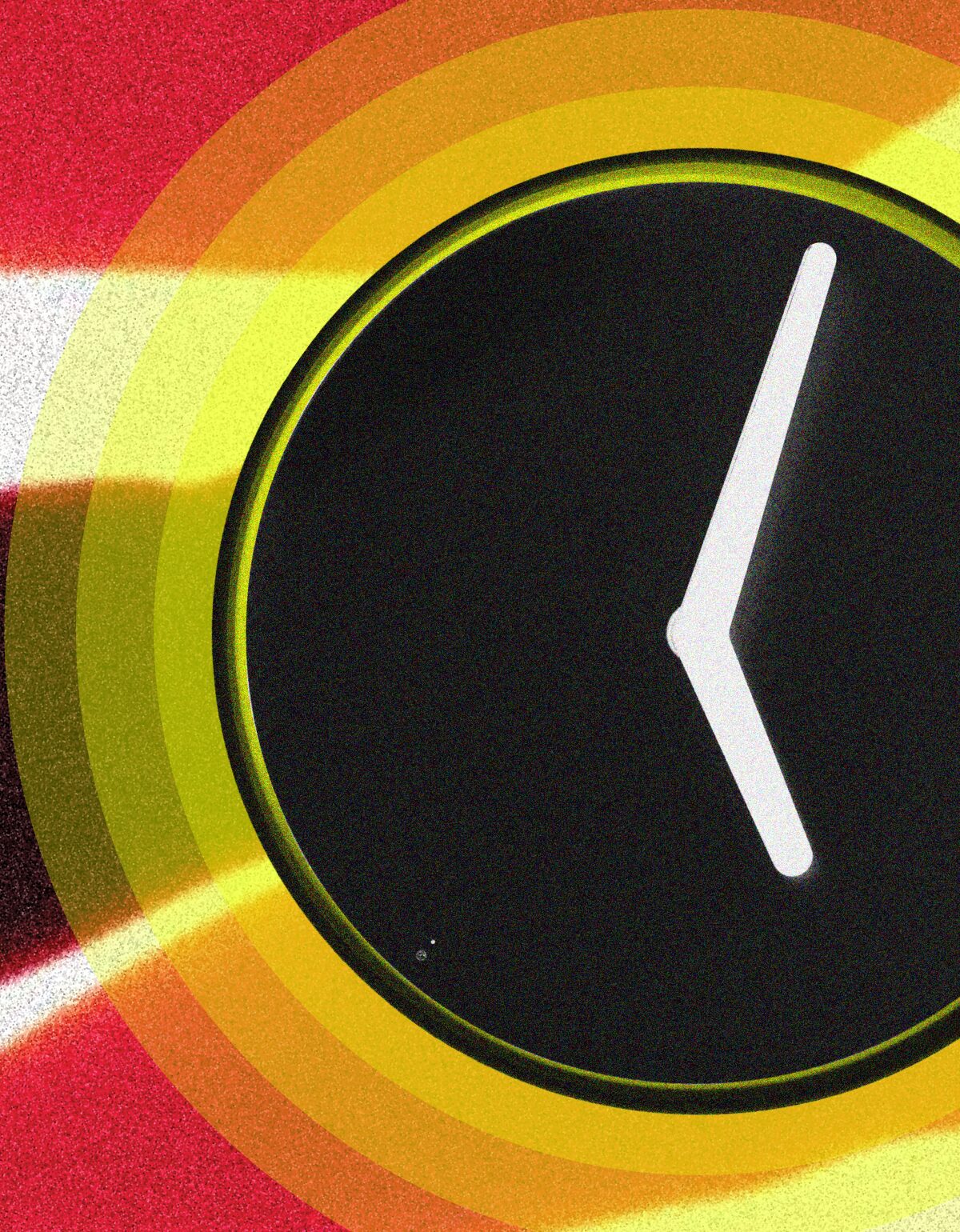IN THIS ARTICLE
From just two days to a week or longer, menstrual periods come in all shapes & sizes
Are you one of those people who has their period for just two or three days?
I’ve been praying all my life to be you.
My period is slightly different. I start off with a slow to moderate drip on day one – and then, on day two, she springs into full-on geyser mode (and I’m talkin’ old faithful here, not one of those cute spring geysers). Then, there’s a tease of a slow-down on day three followed by a gradual reduction in flow all the way until day seven.
I have been blessed with the whole seven days. I’m a marathoner like that… but is my experience typical? How long is a “normal” menstrual period, and is there even such thing as “normal”? Let’s find out.
How long should a period last?
According to Cleveland Clinic, the average period lasts anywhere from two to seven days.1 That’s three to seven days of bleeding, cramping, bloating, and period-product-changing (as if PMS symptoms weren’t enough). Fun! The length of your period can vary from month to month, much like the length of your overall menstrual cycle.
One important note: A period that lasts eight days or longer is considered unusual and something worth investigating with a healthcare provider. This is true especially if your period has suddenly jumped up from three or four days to eight or more.
If this describes your current situation, give your healthcare provider a call to rule out any underlying medical conditions. In addition, take note of any other changes showing up alongside suddenly long periods, like increased pain, heavier-than-usual bleeding, or wildly irregular menstrual cycles. Speaking of which…
How long is the average menstrual cycle?
Menstrual cycles last 28 days on average, but anywhere from 21 to 35 days is considered a regular cycle.2 Remember: Your menstrual cycle is not the same thing as your period. A menstrual cycle is the sequence of changes in hormone production as well as physical changes of the uterus. This cycle is in charge of producing and releasing eggs from the follicles, and your period is only a short phase that takes place within the menstrual cycle (specifically, during the luteal phase).
Your menstrual cycle length is counted between the first day of your period and the first day of your next period. Part of the mystery of being a menstruating person is that your cycles may not all be the same number of days. An “irregular cycle” is simply when your menstrual cycle changes in length from month to month.
Here’s an imaginary example to illustrate:
Let’s say your most recent period started on January 29th and the one before that started on January 2nd – so that was a 27-day cycle. The period before THAT started on November 30th, so that cycle was 32 days long, and the one before that was 29 days long. Long story short? This hypothetical person has an irregular menstrual cycle.

Is it uncommon to have an irregular cycle? Nope! And in most cases, a bit of irregularity is nothing to stress about.
According to a 2019 study, around 14% of adult-aged women (19 to 54 years old) have irregular periods.3 The researchers note, however, that scientific literature to date reports a prevalence of irregular menstruation that ranges from 5 to 35.6% depending on age, occupation, and country of residence.
How long do periods last when you first start menstruating?
Along with all the weirdness you have to deal with during puberty and as a teenager (blink once, you get zits), you also typically get your first period in your teens. According to a 2003 study, in the United States, 90% of all girls have their first period by 13.75 years of age, with an average age of 12.43 years.4 Some will experience menarche even younger, at age 9, 10, or 11.
It’s common to experience irregular cycles when you first start getting your period. For the first year or two, the length of your period itself might jump up and down, and you may also notice that you get a super heavy period one month and a much lighter one the next. This is all normal!
However, if you’re experiencing severe pain or your periods are consistently lasting eight days or longer, talk to a parent or guardian about making a doctor’s appointment.
What affects the length of your period?
Even after you have passed through those teen years, your cycle can still change – and so can the length of your period. Tons of different factors can affect how heavy your period is, how much pain it causes, and how long it lasts.
Here are just a few:
1. Hormonal contraceptives (birth control)
Using hormonal birth control, like the pill, contraceptive patch, vaginal ring, intrauterine devices (IUD), or implant, can affect the number of days your menstruation lasts.5 6
It takes a while for your body to adjust to a new form of birth control, but many users will experience shorter or lighter periods over time. Why? Because the synthetic hormones in these products are designed to overpower and override hormones (progesterone and estrogen levels) that your body normally produces to regulate your menstrual cycle.
For example, the estrogen in the combined contraceptive pill, which contains both estrogen and progestin, “tricks” the lining of your uterus (AKA endometrium) to build up much less than it would naturally. This means that the uterine lining to be shed during the “placebo week” (when you stop taking the hormone-containing pills and switch to the sugar pills) is much thinner than normal.

Another interesting fact? Your menstruation when on birth control pills is actually known as “breakthrough bleeding” – and it’s different from your usual period. Learn more about breakthrough bleeding in this blog post.
In addition, certain progesterone-only birth control methods, like progesterone-containing IUDs, contraceptive implants, and injectable contraceptives (like Depo-provera), can shorten the number of days you menstruate or even eliminate it altogether.6
On the flip side, the copper IUD (like Paragard) has been associated with a longer and heavier menstrual flow.7
However, keep in mind that everyone’s body is different. Even if your friend or family member experienced much shorter or lighter periods on a certain form of BC, your body might not have the same reaction.
If you’re considering starting a new form of birth control, ask your provider lots of questions before making a decision. It’s also a good idea to do some research on the long-term risks and potential side effects of hormonal contraceptives.
2. Day-to-day stress
With everything menstruating people endure because, well, that’s life, it’s pretty common and perfectly fine to have one or two abnormal periods a year.
Your partner washed your favorite white shirt with his load of reds?
Your trusty judgement-protective shield malfunctioned on your last trip to see your mother?
Your weekend plans fall through thanks to an onslaught of schoolwork or work-work?
Stress is not your BFF, my friend (in fact, she’s more of a mean girl), and she’s a major player when it comes to screwing with your hormone levels. This, in turn, can mess with your menstrual cycle and the length of your period.
Anything from a short-term increase in stress to an intense emotional event, like grieving the death of a loved one, has the potential to impact your period. Read this article on how stress affects your menstruation to learn more.

3. Underlying illnesses
While less common than other factors on this list, underlying health conditions can also cause changes to the length of your period. Longer-than-normal periods, in particular, can be caused by any of the following:1
- Uterine fibroids
- Endometriosis
- Adenomyosis
- Cervical or Uterine Polyps
- Pelvic Inflammatory Disease (PID)
- Polycystic Ovary Syndrome (PCOS)
- Bleeding disorders
- Hormonal imbalances (i.e. hypothyroidism)
- Precancerous or cancerous lesions of the uterus (this is rare)
Changes in menstrual length may also be caused by other, non-reproductive health problems, or factors like significant weight loss or weight gain, abortion, or miscarriages.
4. Perimenopause
For most menstruating people, periods again start to change in their 30s or 40s – this time, it’s thanks to approaching menopause.
As you age, you may notice that your period lasts longer or shows up irregularly. This is in part because your ovaries stop producing as much estrogen. Ovulation may or may not occur each month, which causes some individuals to skip periods or experience lighter, irregular periods, as well.8
According to Cleveland Clinic, “It’s important to discuss cycle characteristics with your doctor, especially women over the age of 45, as the risk of endometrial hyperplasia (a precancerous change) and endometrial cancer increases with age.”1
Symptoms of endometrial hyperplasia include heavy menstrual bleeding, irregular bleeding or unusually short menstrual cycles.
Can you shorten your period?
Believe it or not, it’s possible to shorten your period (i.e. decrease the number of days you’re bleeding). But you might not be able to shorten it by much, unless you make a longer-term change like starting hormonal birth control. Even then, it all depends on your body, your cycle, and a multitude of other factors.9
Looking for a few low-risk ways to shorten your period in the short term? Having period sex that ends in an orgasm, taking certain OTC pain meds (NSAIDs, specifically, which can also help with menstrual cramps), and exercising are a few things to try. Read more about shortening your period in this article.

Don’t stress about the length of your period (but be aware of it)
Most of the time, a longer- or shorter-than-normal period is nothing to worry about, especially if it’s just a one-time thing. However: It’s a good idea to track your cycle and keep an eye on anything unusual, especially if your menstruation changes in more than one way (these are some of our favorite cycle tracking apps to make it simple).
If menstruation gets longer, experience heavy bleeding, and increased period pain, that’s a definite sign that you should talk to your healthcare provider. The same goes if it disappears altogether, your cycle becomes suddenly irregular, or if you notice menstrual blood clots larger than a quarter.
If you’ve always had long periods – like, on the 7-day end of the spectrum – and they’re getting in the way of your day-to-day life, you might also consider talking to your provider to investigate potential solutions. This is sometimes necessary for individuals with demanding jobs or work schedules that make coping with menstruation more difficult (like folks in the military or emergency workers).
No matter how long your period lasts, it’s probably not your favorite thing about your body. But just remember this: Your period is a vital sign, and its arrival each month means that your reproductive organs are functioning as they should. So, give your uterus a little extra love and appreciation, grab a period product you love – and go enjoy that bubble bath!
This article is informational only and is not offered as medical advice, nor does it substitute for a consultation with your physician. If you have any gynecological/medical concerns or conditions, please consult your physician.
© 2023 The Flex Company. All Rights Reserved.
- Cleveland Clinic. (2020, September 9). Why is my period lasting so long? Health Essentials from Cleveland Clinic. https://health.clevelandclinic.org/why-is-my-period-lasting-so-long/[↩][↩][↩]
- Cleveland Clinic. (n.d.). Normal menstruation (Monthly period): Menstrual cycle & symptoms. Retrieved February 8, 2021, from https://my.clevelandclinic.org/health/articles/10132-normal-menstruation[↩]
- Kwak, Y., Kim, Y., & Baek, K. A. (2019). Prevalence of irregular menstruation according to socioeconomic status: A population-based nationwide cross-sectional study. PloS one, 14(3), e0214071. https://doi.org/10.1371/journal.pone.0214071[↩]
- Chumlea, W. C., Schubert, C. M., Roche, A. F., Kulin, H. E., Lee, P. A., Himes, J. H., & Sun, S. S. (2003). Age at menarche and racial comparisons in US girls. Pediatrics, 111(1), 110–113. https://doi.org/10.1542/peds.111.1.110[↩]
- Larsson, G., Milsom, L., Lindstedt, G., & Rybo, G. (1992). The influence of a low-dose combined oral contraceptive on menstrual blood loss and iron status. Contraception, 46(4), 327-334. https://doi.org/10.1016/0010-7824(92)90095-b[↩]
- Stubblefield P. G. (1994). Menstrual impact of contraception. American journal of obstetrics and gynecology, 170(5 Pt 2), 1513–1522. https://doi.org/10.1016/s0002-9378(94)05013-1[↩][↩]
- Paragard® IUD. (2018, October 15). Will the Paragard IUD affect my period? https://www.paragard.com/faq/will-paragard-affect-my-period/[↩]
- ACOGACOG stands for the American College of Obstetricians and Gynecologists (a professional membership organization for obstetrician–gynecologists).. (2021). Perimenopausal bleeding and bleeding after menopause. Retrieved February 8, 2021, from https://www.acog.org/womens-health/faqs/perimenopausal-bleeding-and-bleeding-after-menopause[↩]
- Harlow, S. D., & Campbell, B. C. (1994). Host factors that influence the duration of menstrual bleeding. Epidemiology, 5(3), 352-355. https://doi.org/10.1097/00001648-199405000-00017[↩]



